- Home
- /
- Academic
- /
- Teaching & Learning
- /
- Virtual Teaching and Learning (VTL)
Virtual Teaching and Learning (VTL)

Project Duration: 1 July 2021 – 30 June 2023
Project Team:
Professor KWAN Kin Ming* (Associate Dean (Education); School of Life Sciences)
Dr. LAM Yiu Man Otis^ (Natural Sciences Programme)
Dr. MAK Kin Wah Kendrew^ (Department of Chemistry)
Dr. WONG Tsz Yan^ (Natural Sciences Programme)
*Principal Supervisor; ^Co-supervisorProject Objectives
3 Project Phases
| (I) Identification of gaps & needs of stakeholders | (II) Coordination & implementation | (III) Evaluation & Sharing |
| Form cross-disciplinary task force | Trainings & workshops for teachers to fill skills gaps | IT infrastructure review |
| Conduct needs analysis with all relevant stakeholders | Establish communal VTL equipment repository | Sharing session to encourage idea exchange & stimulate new ideas |
| Encourage creative solutions through pilot projects | Consolidate learnings into best practices | |
| Revisit UG programmes & courses for VTL integration |
Completion Video
Phase I - Identification of Gaps & Needs of Stakeholders
Faculty of Science Virtual Teaching and Learning Task Force
Membership:
Professor KWAN Kin Ming (Ex-officio; School of Life Sciences)
Dr. LAM Yiu Man Otis (Ex-officio; Natural Sciences Programme)
Dr. MAK Kin Wah Kendrew (Ex-officio, Department of Chemistry)
Dr. WONG Tsz Yan (Ex-officio; Natural Sciences Programme
Dr. CHOW Cheung Ming Cherry (School of Life Sciences)
Dr. CHAN Kai Leung (Department of Mathematics)
Dr. LEUNG Hoi Tik Alvin (Department of Physics)
Dr. John Alexander WRIGHT (Department of Statistics)
Dr. TAM Pui Yuk Tammy (Earth and Environmental Sciences Programme)
Terms of Reference:
- To strengthen and coordinate the Faculty’s virtual teaching and learning (VTL) , so as to ensure the Faculty’s programmes and pedagogy are well-positioned to excel in the New Normal;
- To explore means to expand eLearning capacity – including but not limited to new strategies, pedagogies, platforms and facilities – and improve IT infrastructure to facilitate the smooth implementation of enhanced VTL;
- To promote the integration of VTL into a wide range of scenarios such as lectures, laboratories, and seminars;
- To develop a set of best practices for virtual teaching and learning at the Faculty; and
- To monitor and report on the Faculty’s eLearning status, and submit such reports to the Senate Committee on Teaching and Learning.
Needs Survey with All Relevant Stakeholders
Stakeholders: Teachers, Technical/Supporting Staff, Teaching Assistants, Science Undergraduates
Areas of Needs Surveyed:
Use of VTL by students (preferences, perceptions, challenges)
Use of VTL by teachers (existing uses, challenges)
Use of VTL by teaching assistants (existing uses, challenges)
Use of VTL by technical / supporting staff (existing uses, challenges)

Phase II - Coordination & Implementation
Trainings & Workshops: to address identified skill gaps from input collected in needs analysis
Aim: To enhance practical skills on increasing student interaction and engagement during virtual lectures
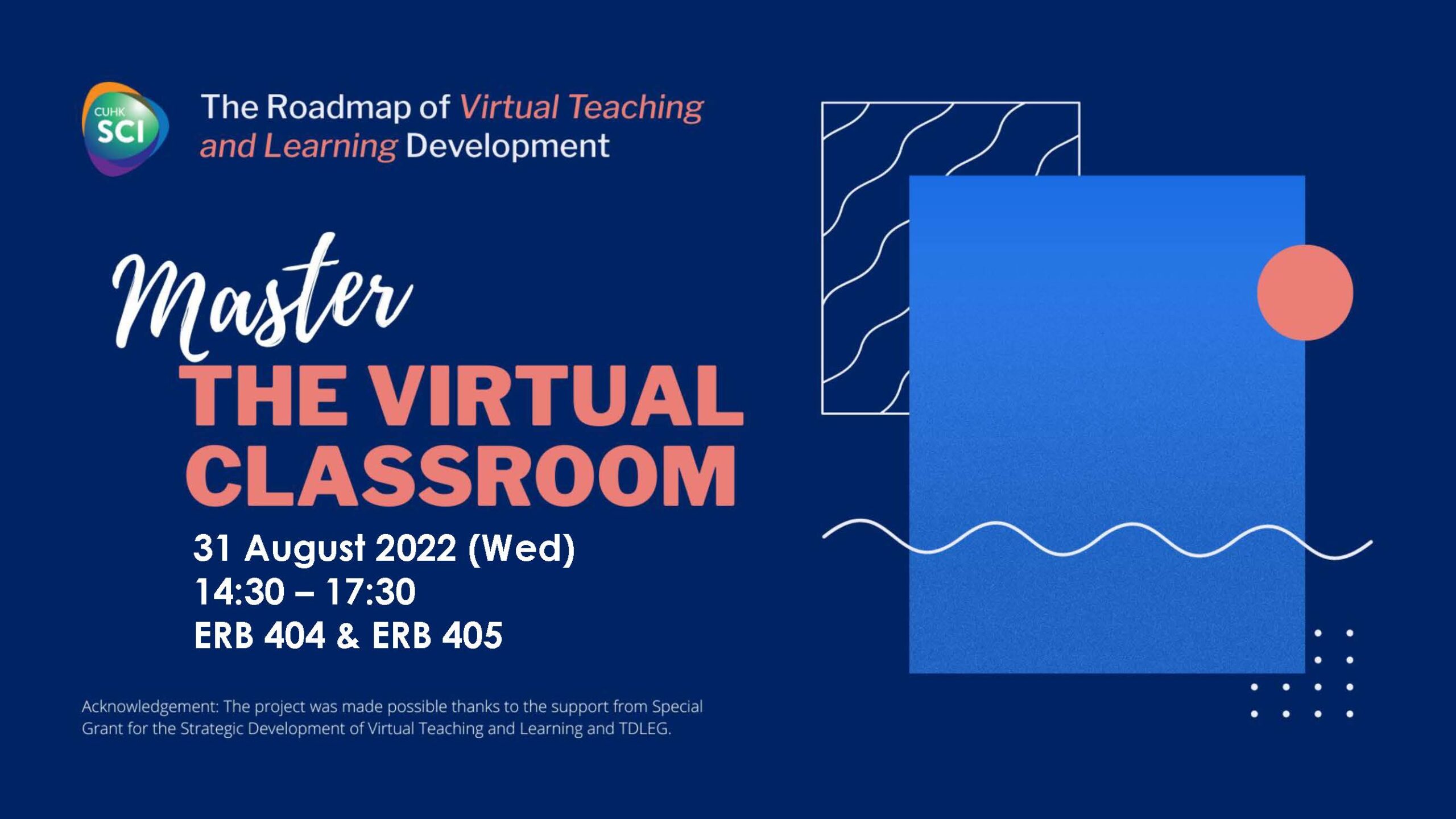
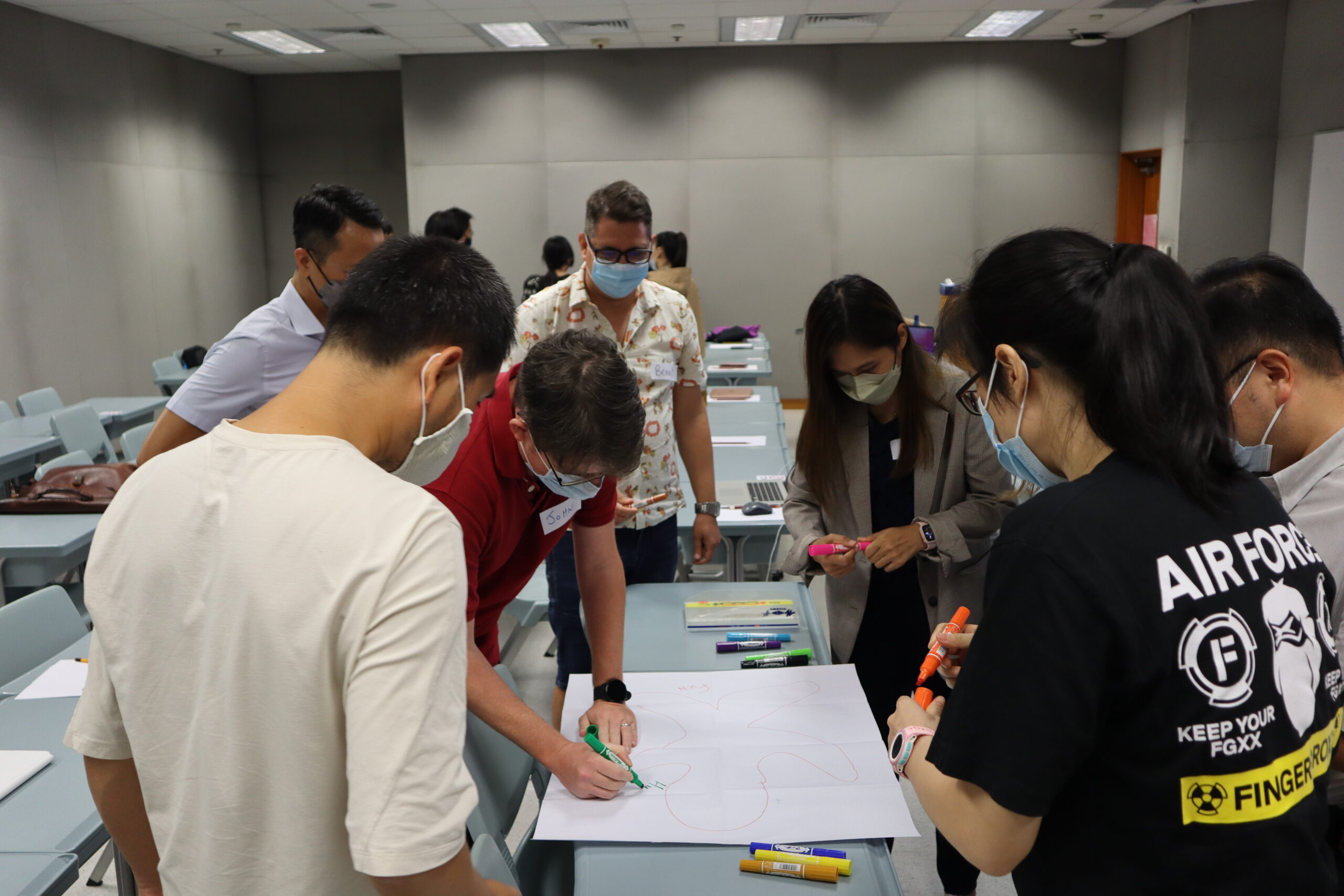
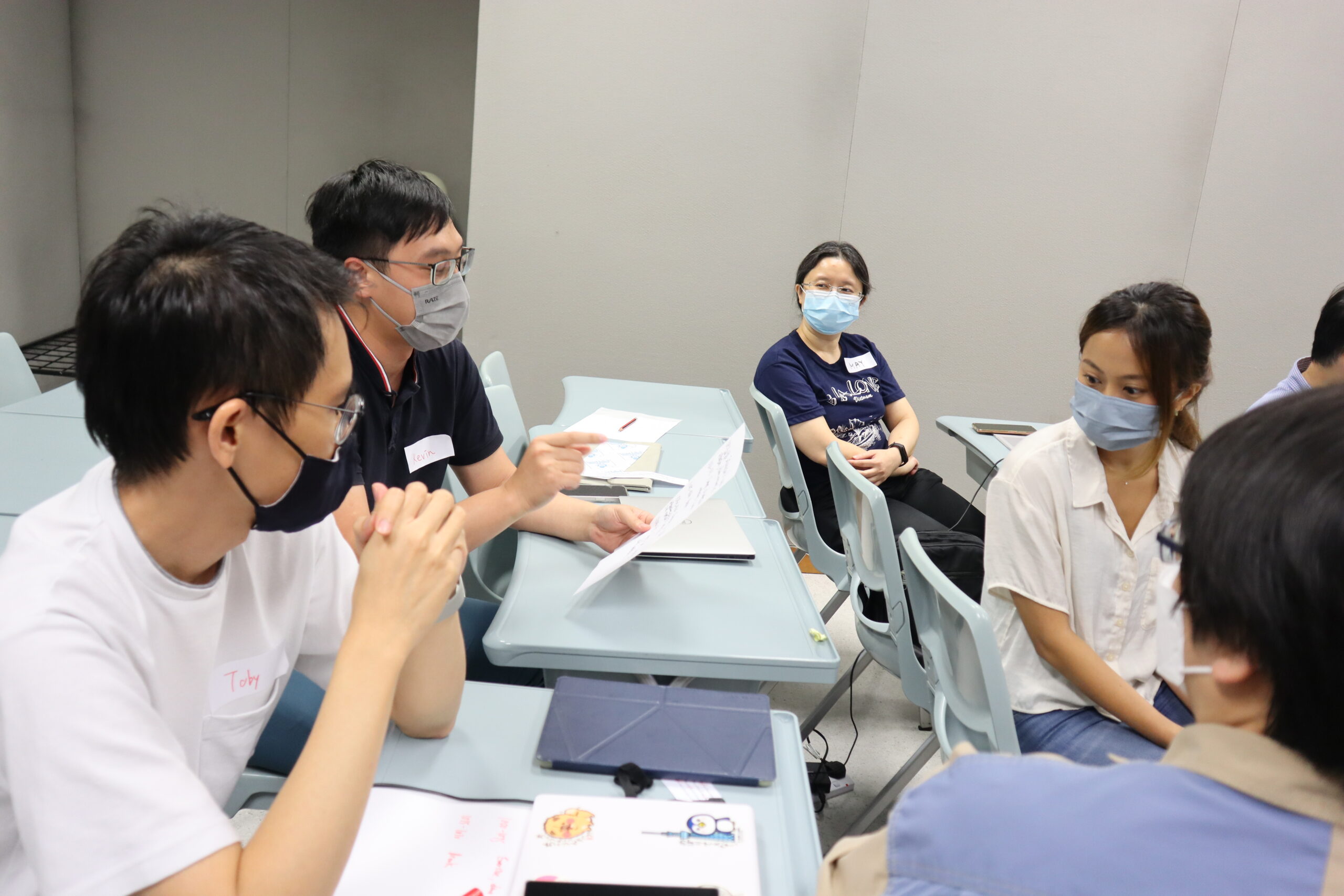
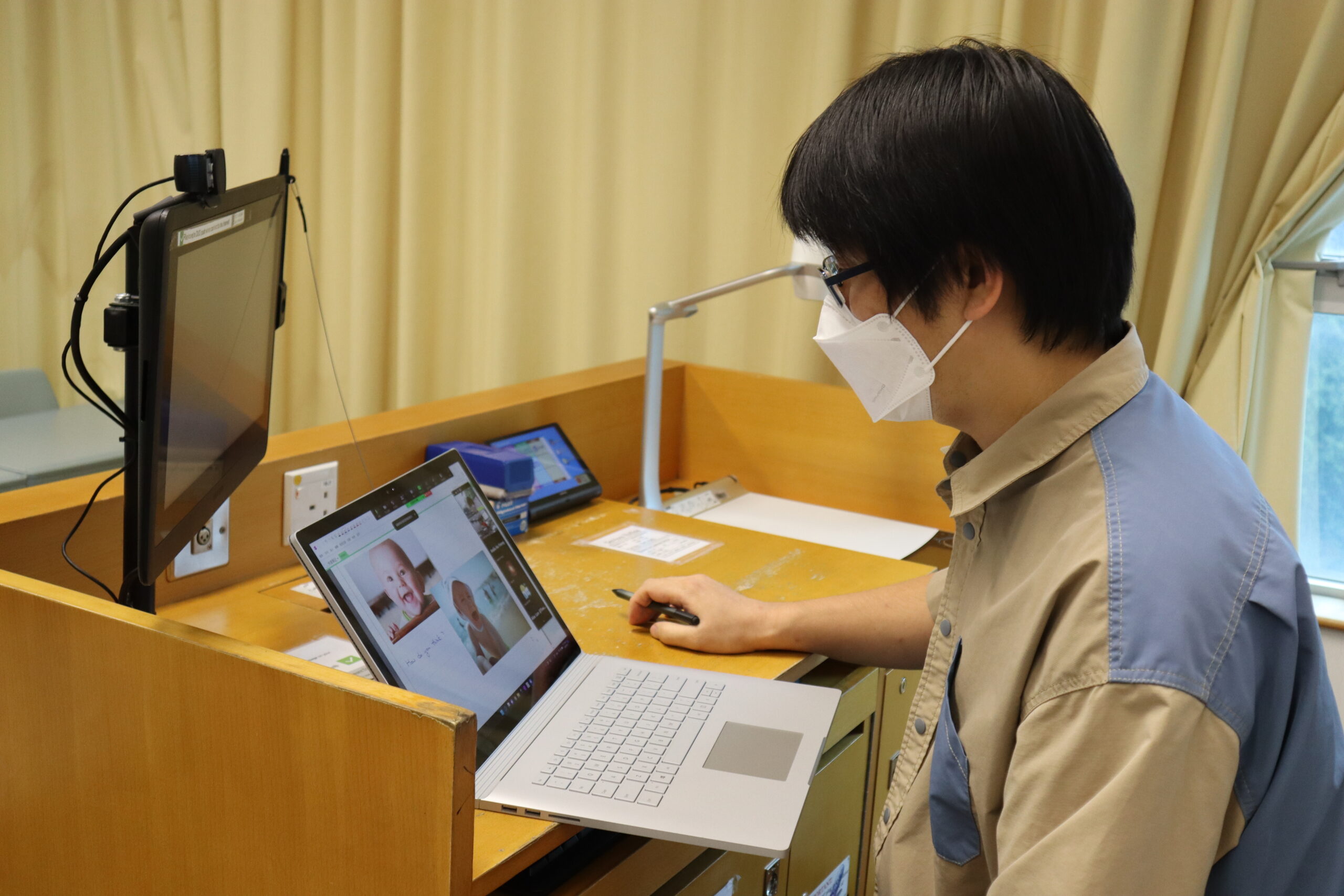
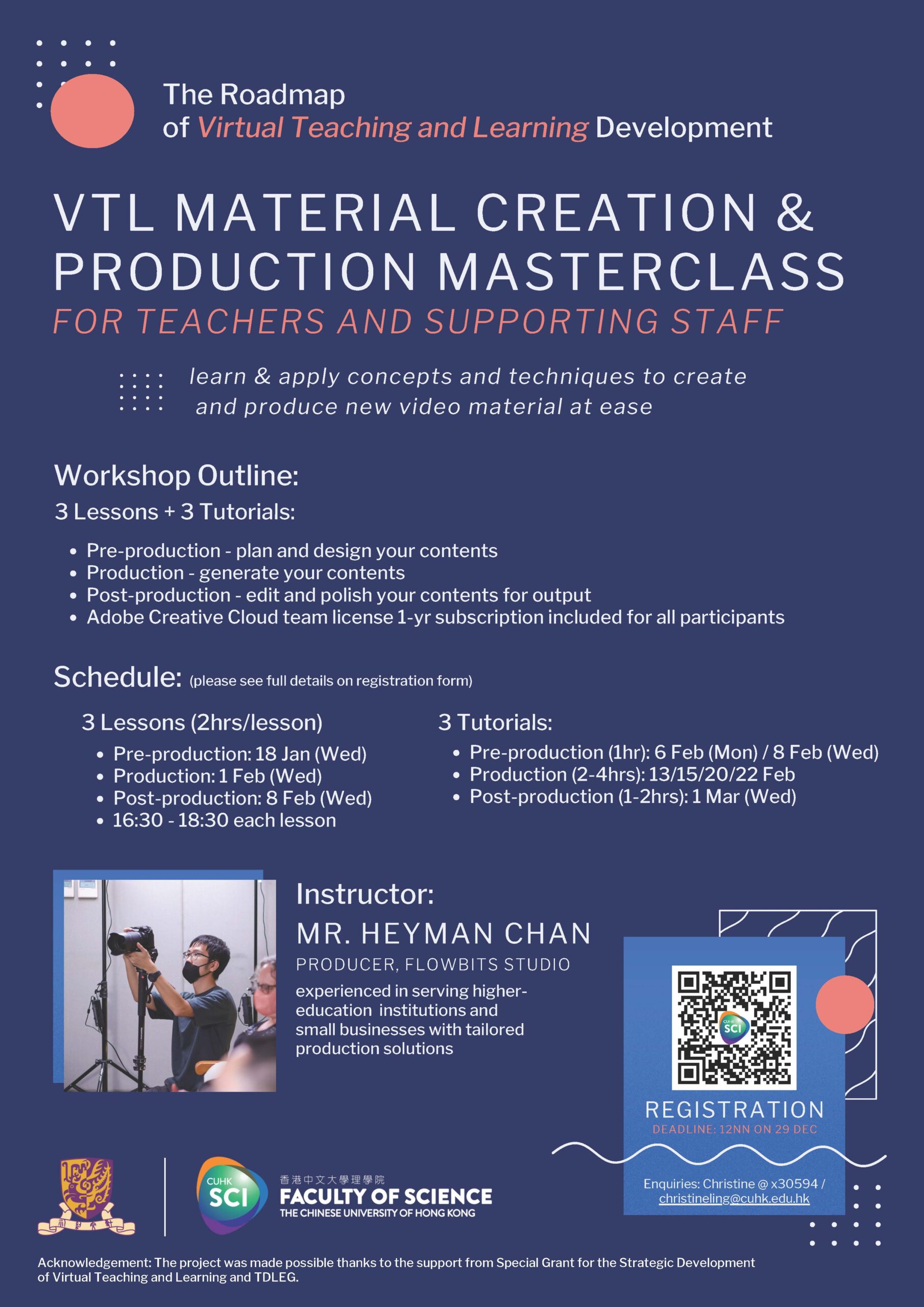
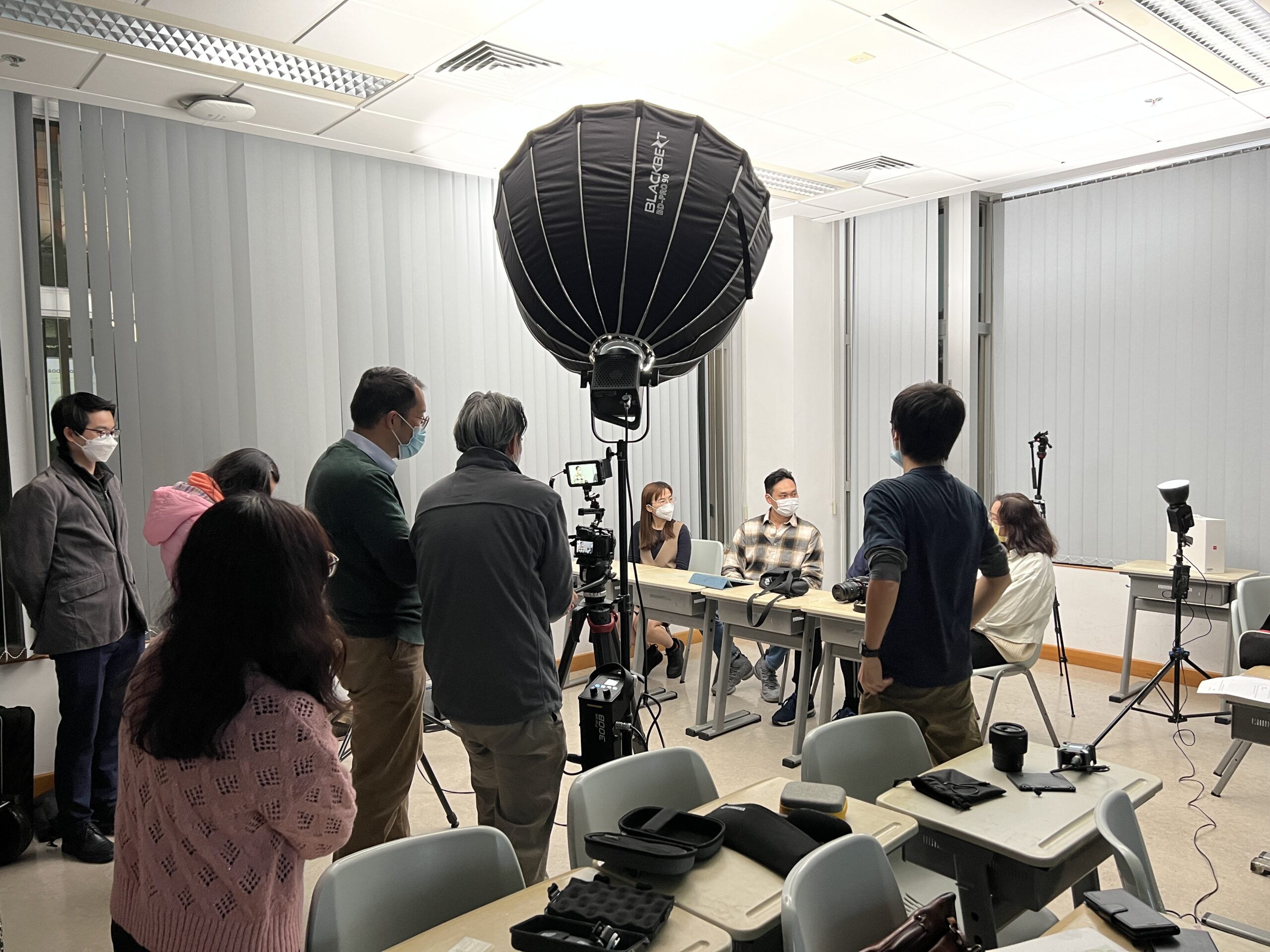
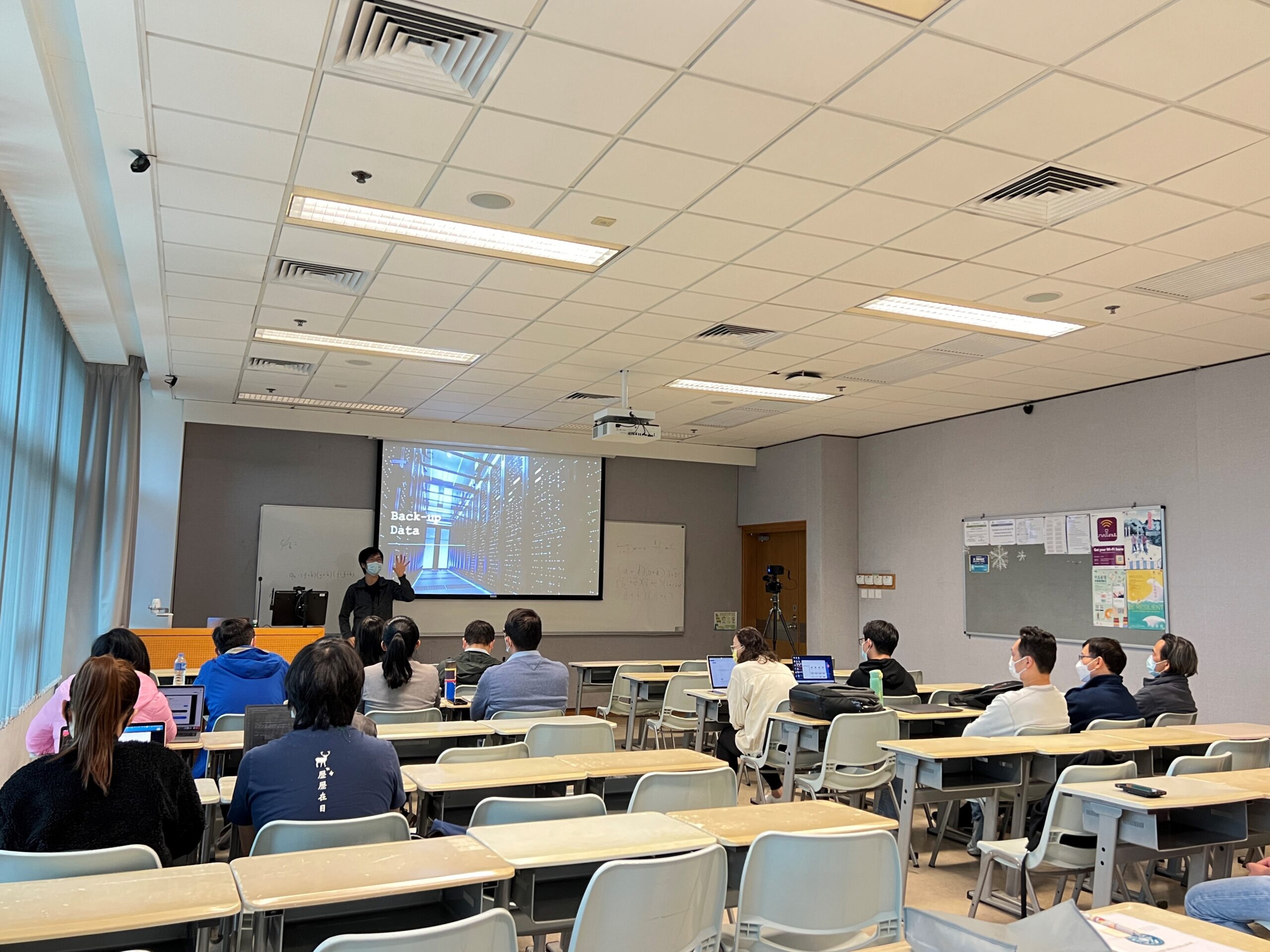
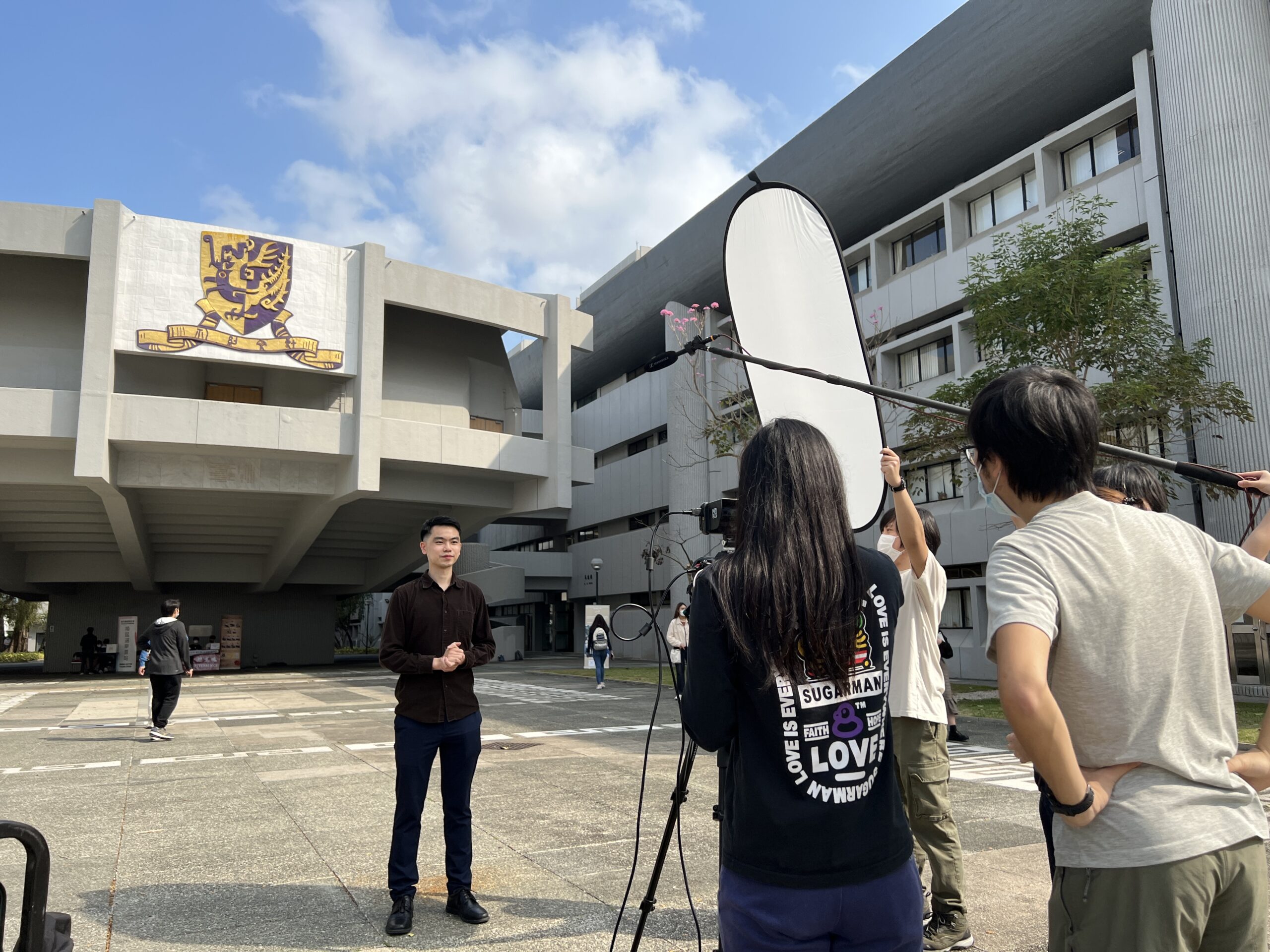
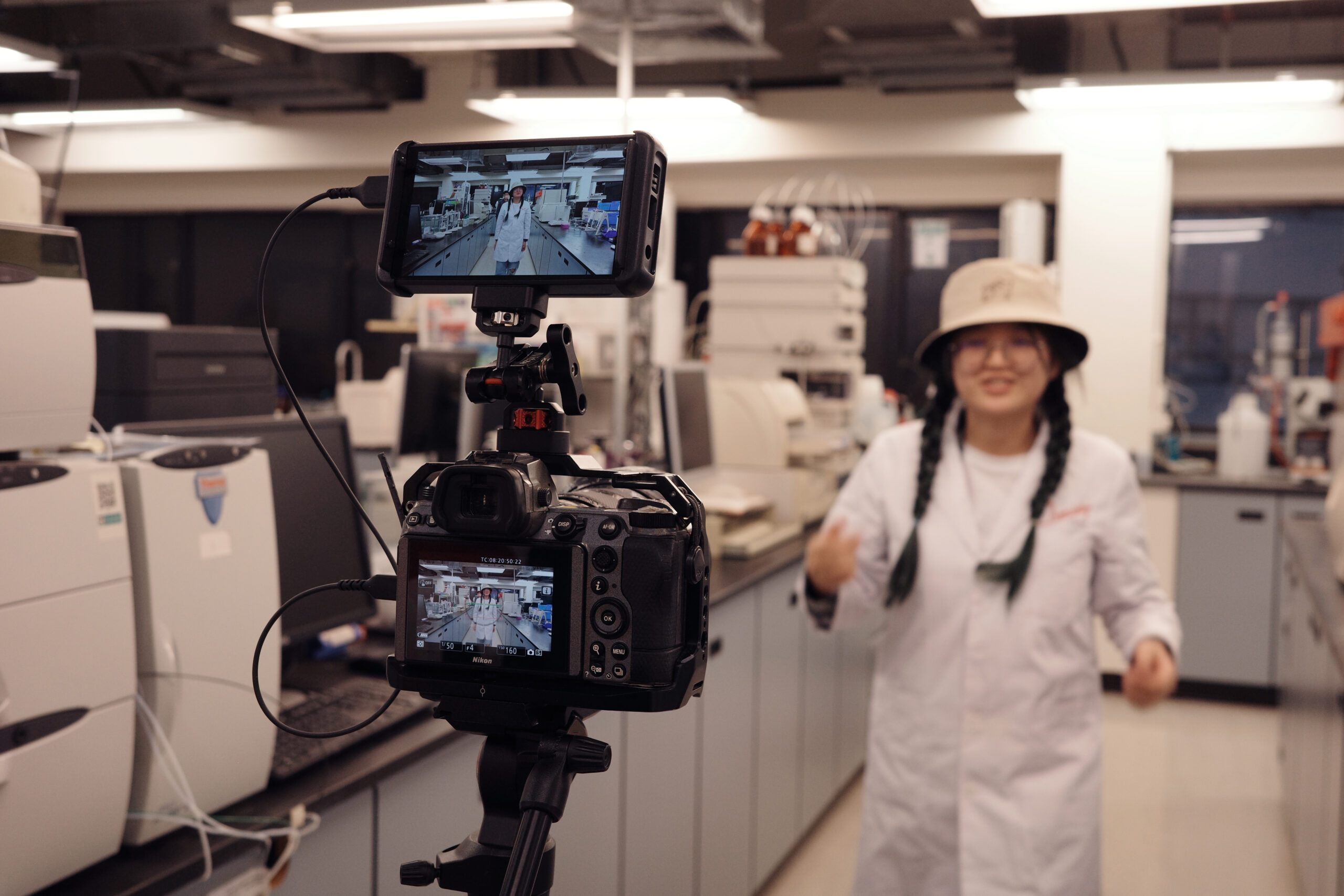
Conduct Pilot Projects to Test Novel Ideas
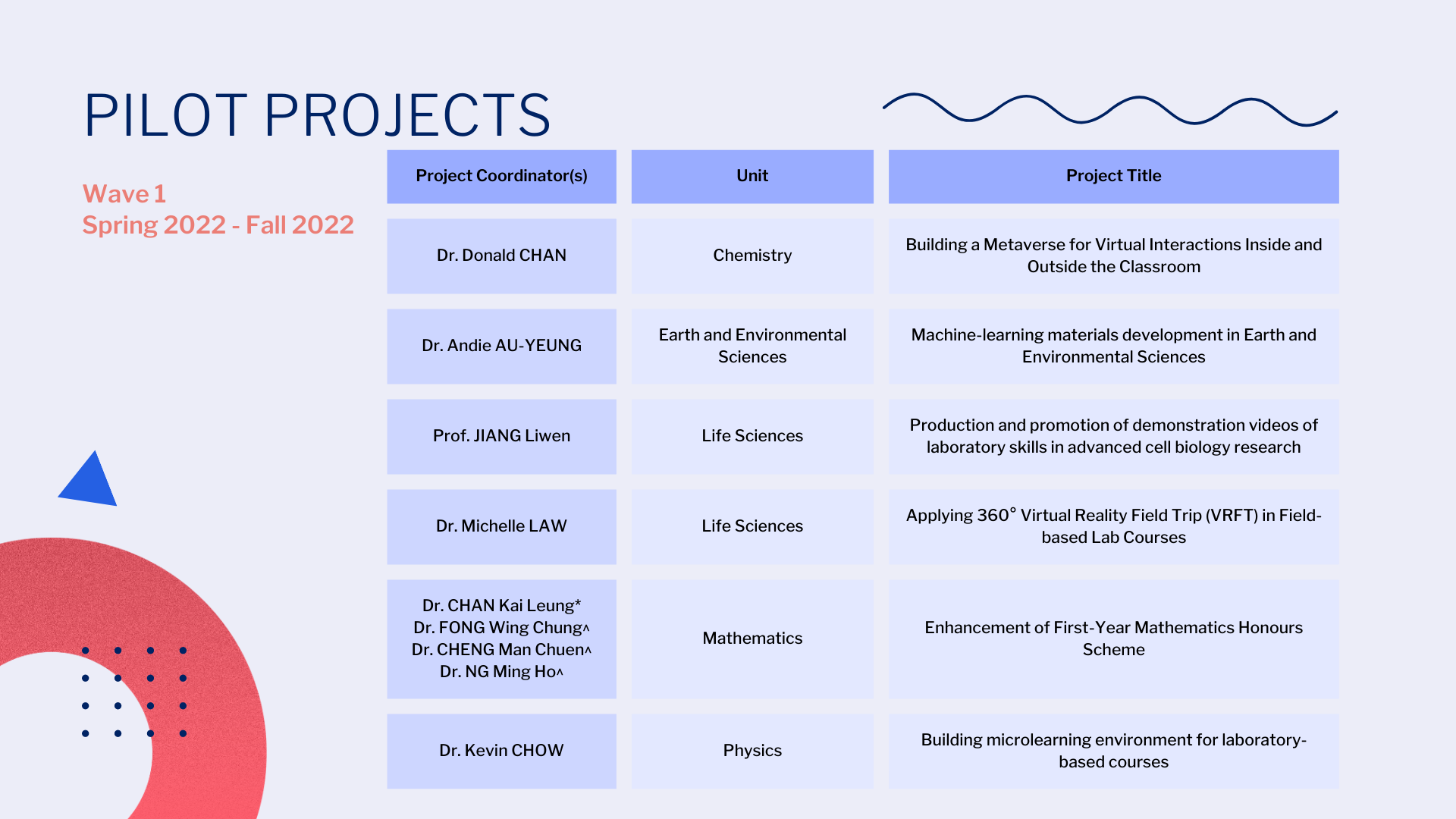
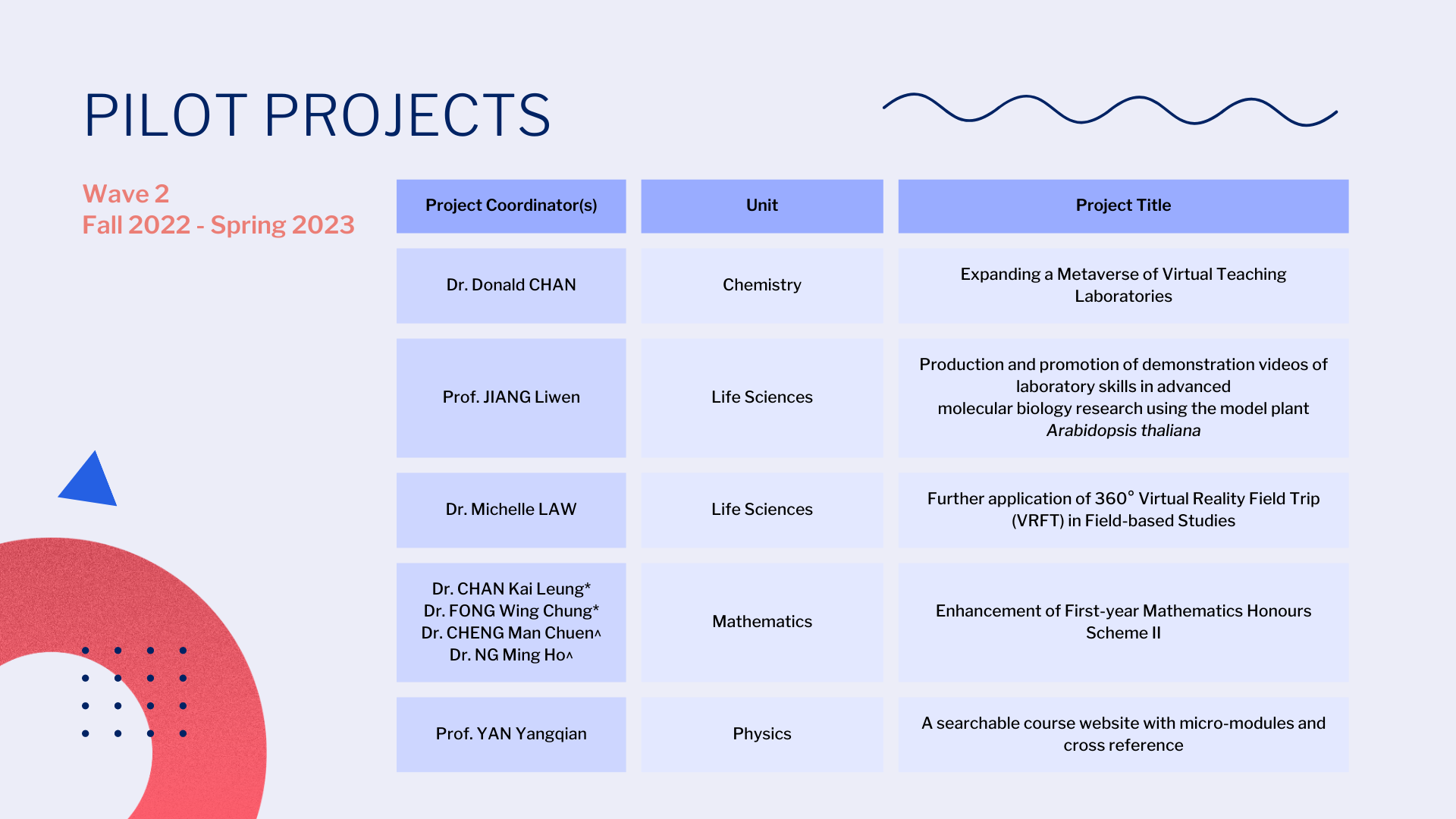
Technologies:
- 360° and virtual reality videos in field-based learning provide students with immersive experiences that help them quickly familiarise themselves with the fieldsite, making actual fieldwork more productive and efficient.
- Replicating in-person laboratory setting in Metaverse (platform: Gather) with relevant experiment materials and videos embedded encourages self-directed learning and review, while providing another way for students to engage in peer interaction for discussions, and gives teachers another means to engage with students outside of the classroom.
- Mathematics can be a challenge to students as some concepts are hard to imagine, but through the use of GeoGebra, various mathematical functions can be shown visually to help students acquire the concepts in a more effective manner.
- Just-the-Class is a great tool for teachers to convert LaTeX-based class materials into a website; the platform is free to use, and supports the consolidation of different elements to support teaching and learning, such as homework sets, exercises, demonstration videos and notes, with all elements indexed and searchable. This could be a useful alternative to Blackboard.
Partnership:
- involving students in development of curriculum and teaching & learning helps to incorporate viewpoints from students’ perspective, while also helping students acquire new skills, and help them become more familiar with the course materials
Material Design:
- Complex concepts can be more easily learned by students through the implementation of microlearning with the help of short tutorial videos, infographics, brief demonstration videos and game-based multiple-choice activities to increase students’ interest and motivation in learning.
Revisit Undergraduate Programmes & Courses for VTL Integration:
Teachers expressed that where suitable, VTL has already been integrated in course materials, while some undergraduate courses plan on introducing VTL elements and materials over the next three years. The revisit exercise also collected feedback from teachers, a number of whom said that they would periodically review existing materials to update and ensure materials remain relevant to the times, while others noted that the integration of VTL in course materials requires extra time and technical know-how, either or both of which were in lacking. The University may consider providing more showcases of excellent VTL uses in courses and programmes to stimulate uptake by more teachers, which was consistent with the findings of the Needs Analysis conducted in Phase I of the current project.
Phase III - Evaluation & Sharing
Through a review of the existing IT infrastructure and on-going needs for VTL, key challenges and upcoming trends were noted to be considered as part of future development of VTL at the Faculty.
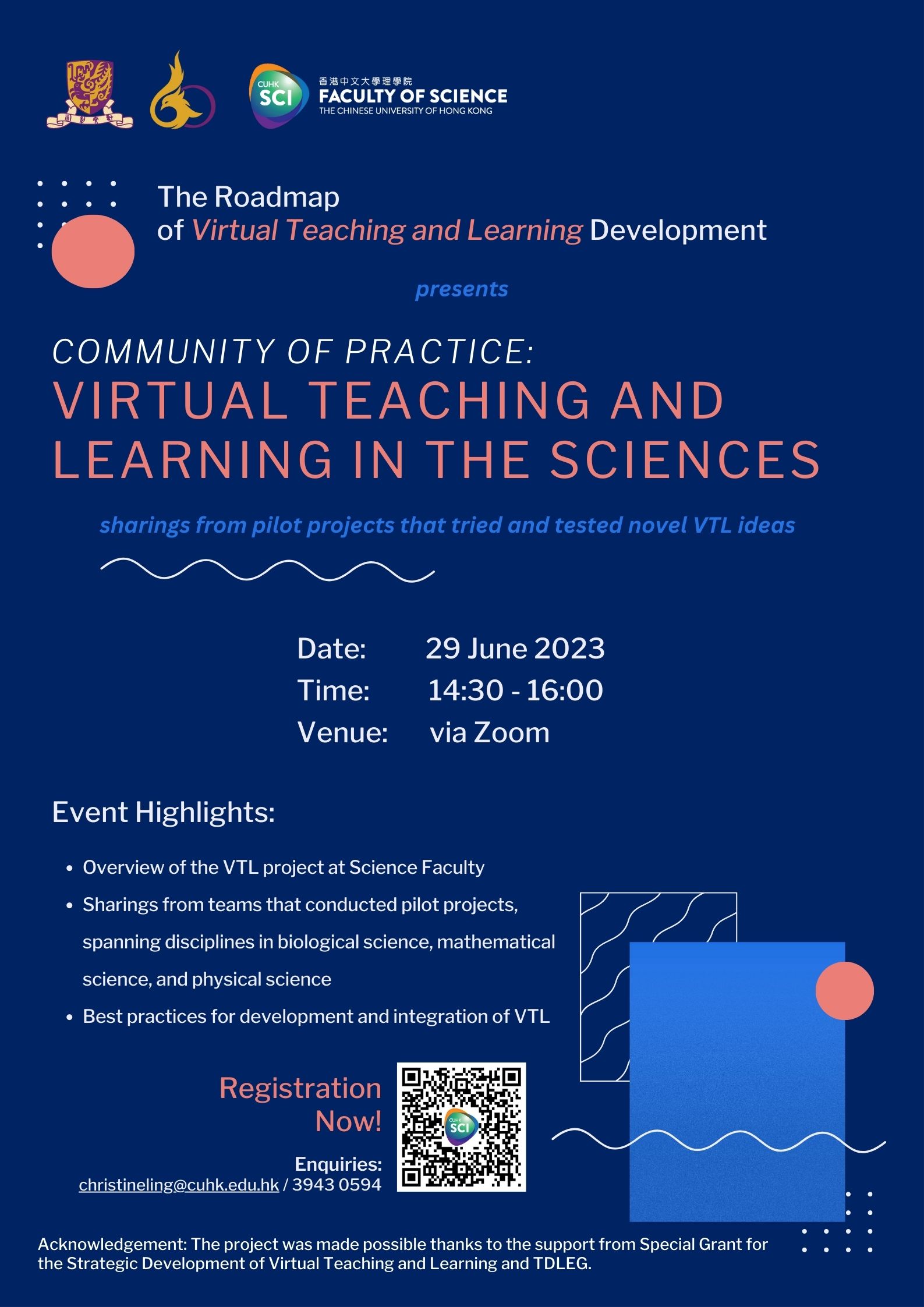
Acknowledgement: The project was made possible thanks to the support from Special Grant for the Strategic Development of Virtual Teaching and Learning and TDLEG.

